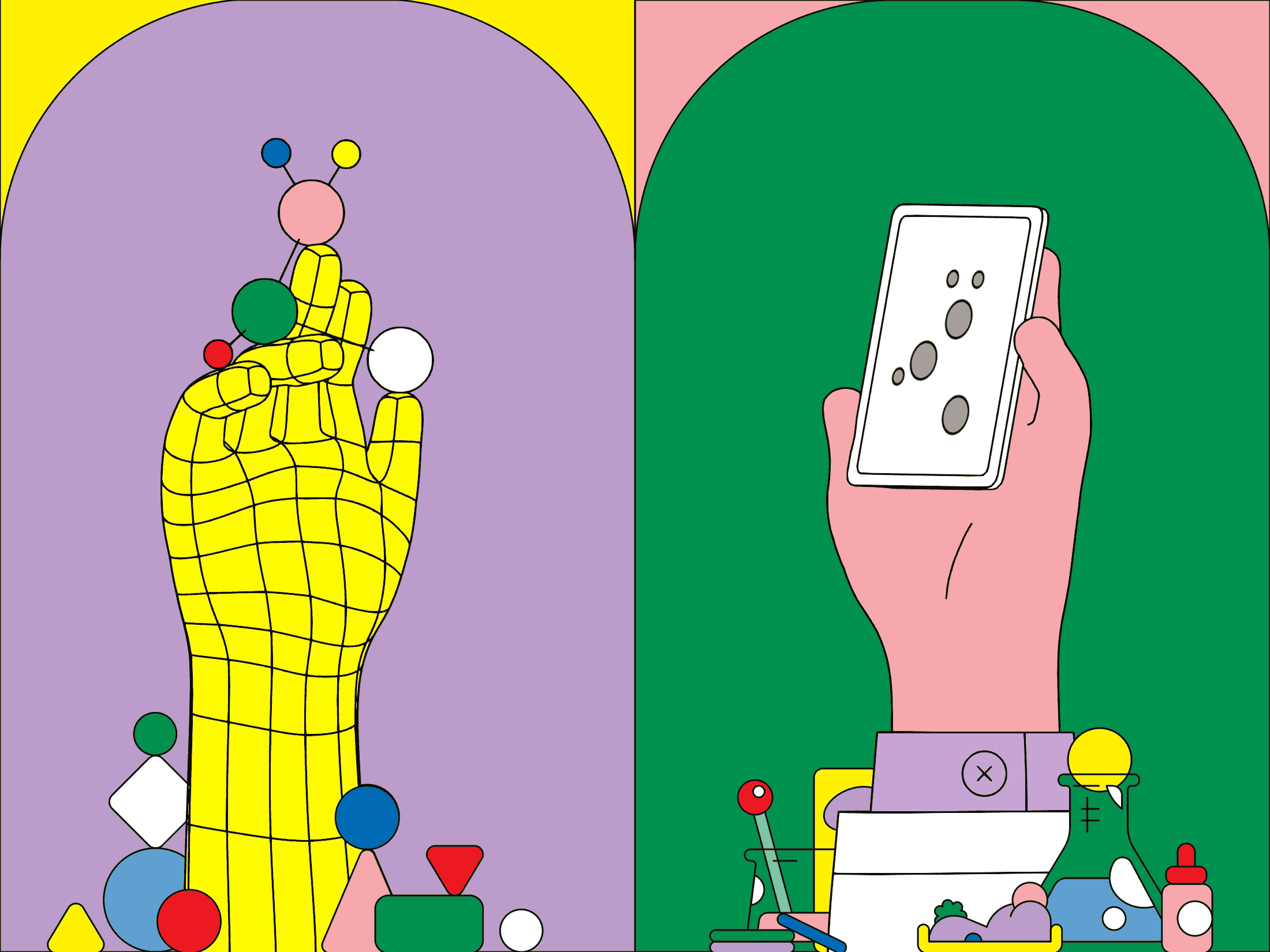| In mid-January, Genentech started recruiting 200 patients to test whether one of its experimental drugs can tame ulcerative colitis, a painful, incurable type of inflammatory bowel disease. Until then, the compound had only been given during experiments to treat lung and skin disorders. Deciding whether to shift a drug for use against a different disease than originally intended often takes years of painstaking lab work, but the California biotech did it in just nine months. The difference: artificial intelligence, which the company says helped its researchers scan millions of possibilities to confirm the drug could be useful against diseases affecting the cells of the colon. "It's not like the human is not needed anymore," says Aviv Regev, a Harvard University and Massachusetts Institute of Technology computational biologist who took a leave from her academic work to run Genentech's research and development. "But the human all of a sudden gets the superpower." The project is just one example of the pharmaceutical industry's embrace of AI to turbocharge drug development. Genentech's Swiss parent, Roche Holding AG, has some of the most ambitious plans, including building its own generative AI tool, dubbed RocheGPT. The goal is not just to move faster but also to answer questions that couldn't be answered before, Regev says. She describes the AI boost as like being a scientist "on steroids." But the true test for biotech will be whether drugs developed with the help of AI are more likely to be successful for patients than those developed by mere mortals. While that's far from certain, money is pouring in. Over the past decade investors have pumped about $18 billion into "AI-first" biotech companies, outfits that have built their R&D workflow around AI tools, Boston Consulting Group found last year. And at January's JPMorgan Healthcare Conference in San Francisco, the industry's biggest meeting, nearly every chief executive officer mentioned AI in their presentations.  Illustration: Aaron Fernandez for Bloomberg Businessweek The AI gold rush in pharma and biotech has also attracted the interest of the world's most valuable chipmaker, Nvidia Corp. The Silicon Valley darling saw its market capitalization more than triple in the past 12 months, to $1.56 trillion—more than twice that of the most valuable drugmaker, Eli Lilly & Co.—driven by interest in ChatGPT and other generative AI technology that relies on the kind of computing firepower Nvidia's chips can provide. Nvidia has been trying to persuade the pharmaceutical industry to embrace its chips, which can sell for $50,000 apiece, for more than a decade. Now the company believes it has its foot firmly in the door. It's doing at least some business with the 20 largest pharmaceutical companies and more than 2,500 startups. And it's signed more in-depth research deals with a few Big Pharma giants, including Roche. What's been done so far is barely scratching the surface of what AI could do for drug development, says Nvidia CEO Jensen Huang. At a panel during the JPMorgan conference, Huang told a standing-room-only crowd that, within the next decade, drugs could be designed almost entirely in simulation via computing platforms like the ones his company supplies. "We are determined to work with you to advance this field," he said. That would mark a seismic shift in the world of drug development. It typically takes 12 to 15 years to bring a drug to market, according to BCG. The consulting firm says AI-driven R&D could help cut 25% to 50% of the time and cost of bringing drug candidates to the point of human testing—but it will still require study to prove whether AI-aided drugs have a higher probability of clinical success. Read more about how AI is disrupting drug development. | 

No comments:
Post a Comment